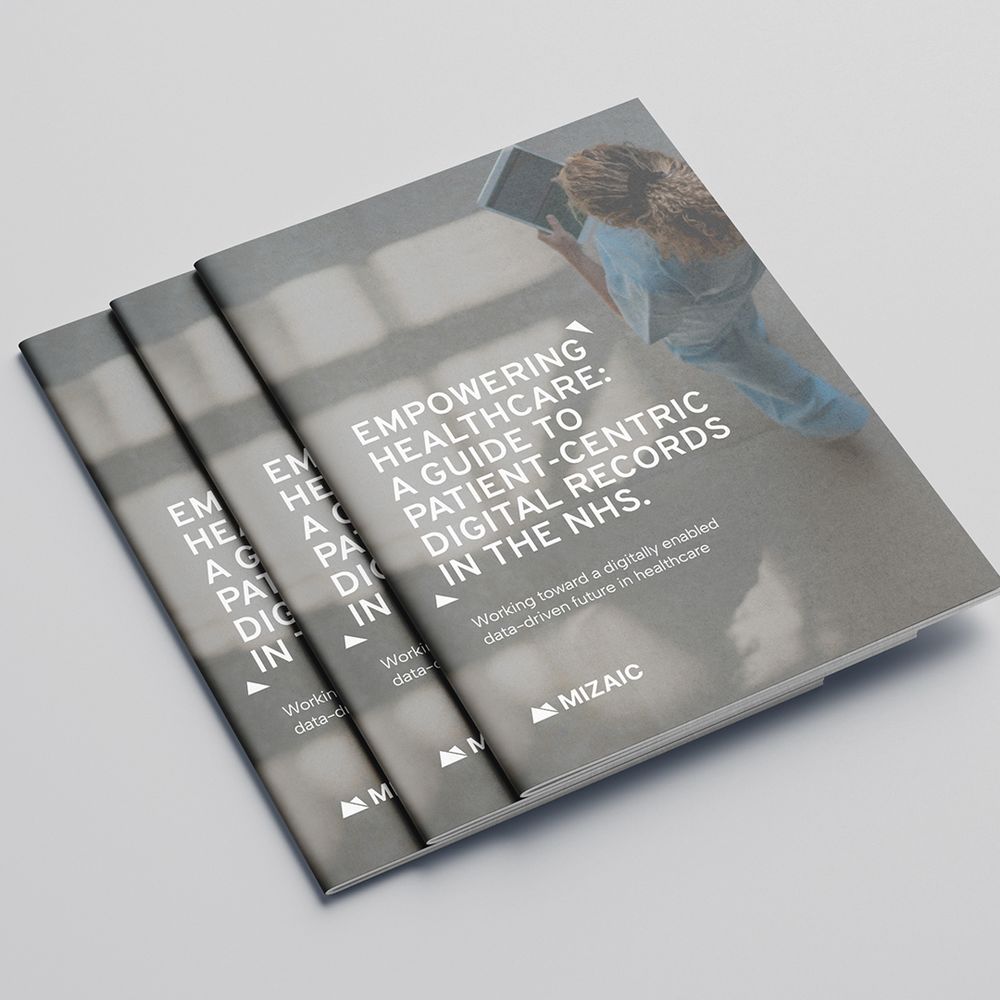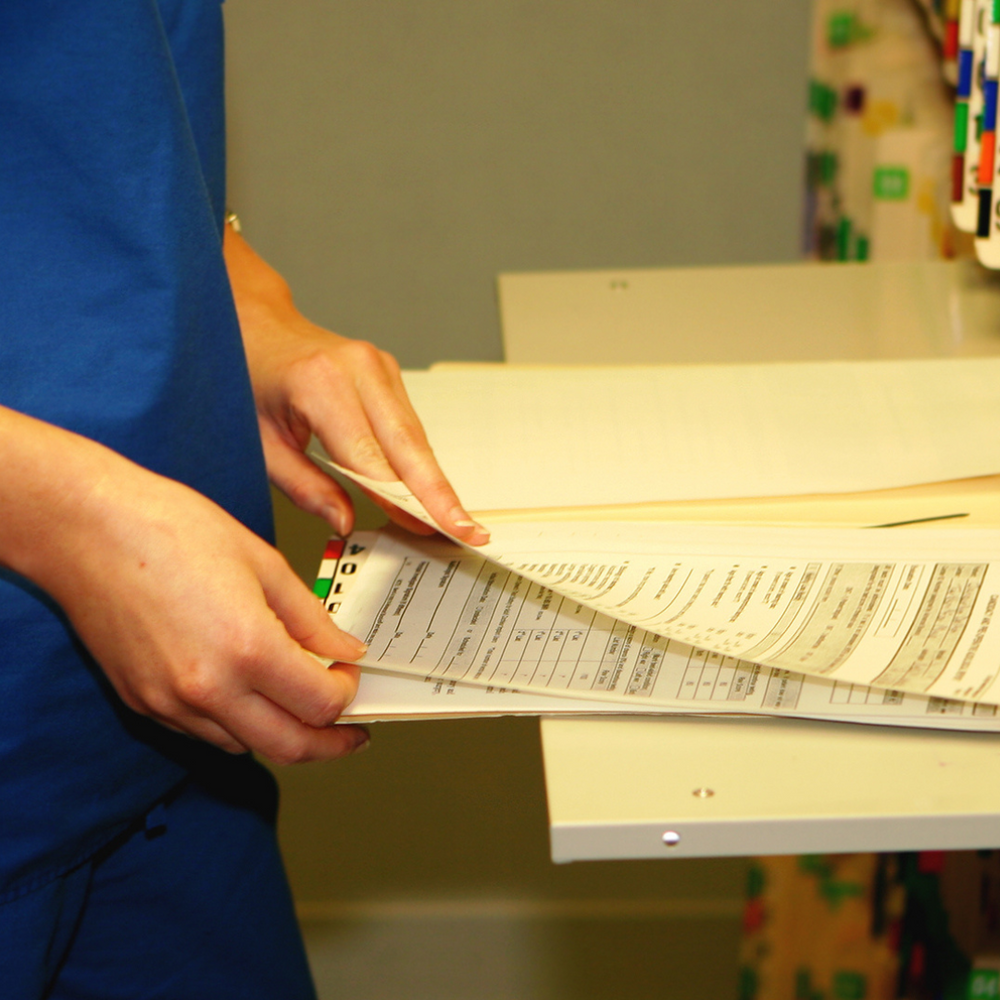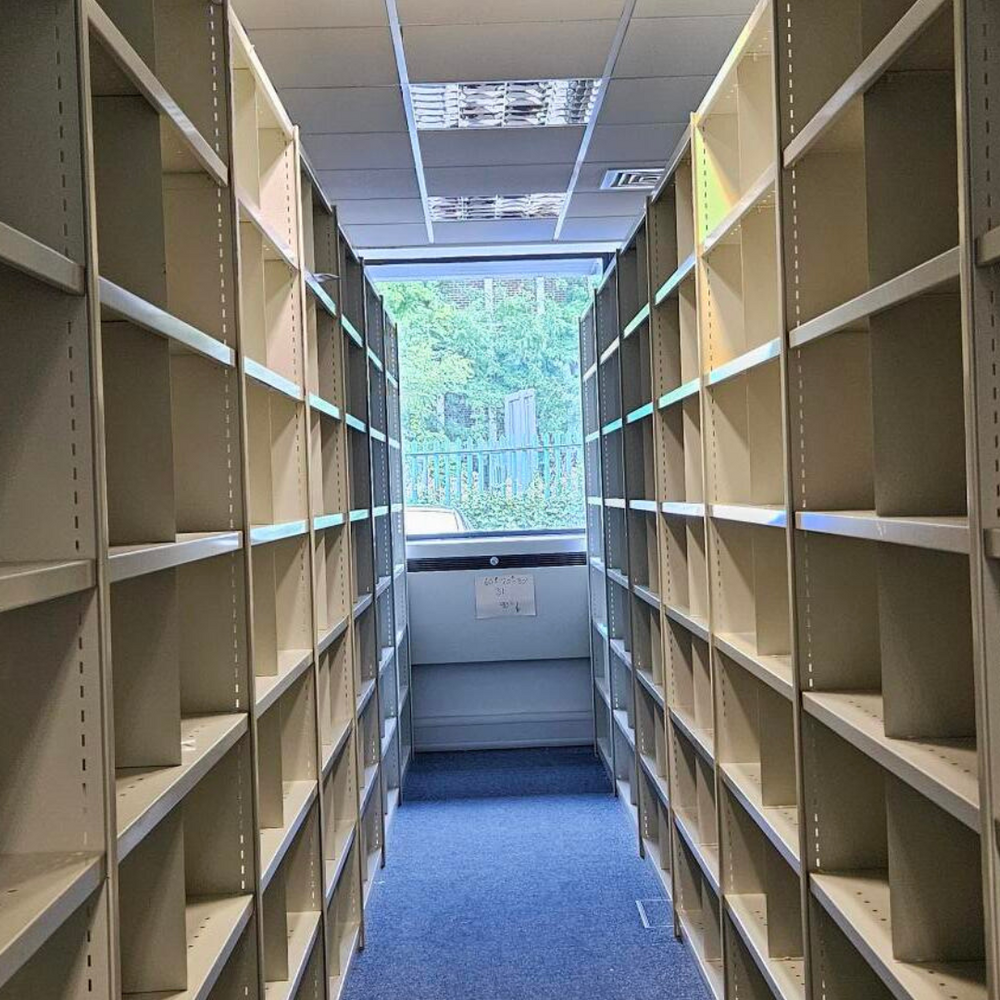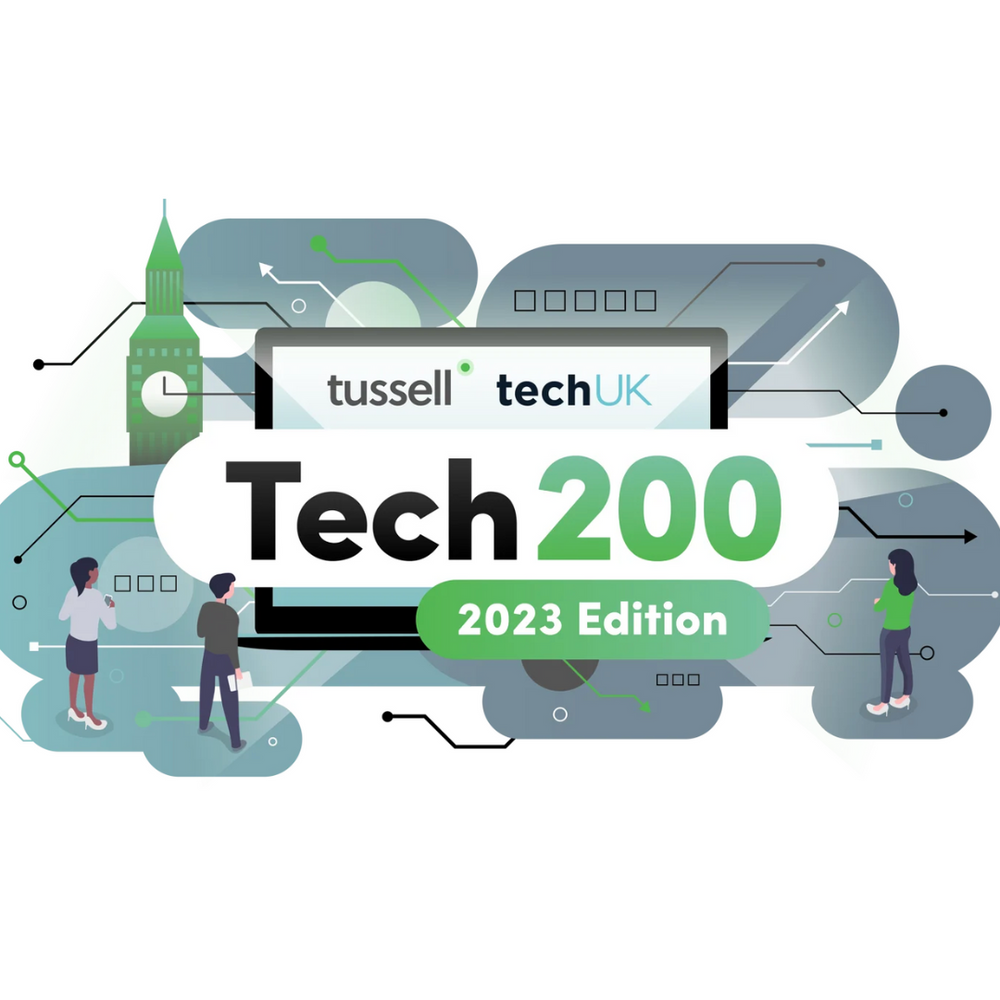
“Time flies…” as the age-old saying goes, and nine months after joining Mizaic in the all-important role of CEO, Jon Pickering has been reflecting on his time in the business and — crucially — where he sees the greatest challenges, and opportunities, for the digital transformation of the NHS…
“I enjoy reflecting. I think it’s an important part of being self-aware in any role — a critical component of learning, improving and moving forward. And if I reflect on the last nine months in my new position as CEO of Mizaic, it gives me a huge sense of pride to acknowledge just how much progress we have already made..
We have made significant advancements within the business to build our commercial strength and operational agility — two step-changes that will notably improve the customer experience for Trusts throughout the UK. We’re also now in the midst of executing an exciting product roadmap — aligned to our NHS customers’ needs — which will further transform what our EDMS, MediViewer, is capable of.
We’ve completed an investment fundraise too, managed an emergency migration of nine NHS customer solutions over to Azure, and, oh, completed a full company rebrand including name change.
And breathe…well, not quite…
This last nine months has truly reignited my passion for utilising technology to transform how patients are treated at the point of care. Our core purpose is, in fact, to revolutionise the clinician : patient experience. It’s what drives our strategy and how we make decisions, every single day. We design, build, and implement software, solely for the NHS. All our projects have demonstrable ROI and cash-releasing, positive financial outcomes for NHS Trusts. And we hear, every week, how MediViewer — and our digital transformation specialists — are driving demonstrable change — not to mention sustainability advancements — in hospitals throughout the country.
All that is great, and of course it gives me a sense of pride. But why are we not more excited?
Because, like many other NHS-focused tech companies, we are still waiting for the Government to align funding to the ambitious digitisation objectives they have set for every hospital in the country. In fact, we are often left wondering — under the backdrop of the current UK economic climate — if the funding will ever materialise. The recent leveling-up funding was a force for good, helping some Trusts onto the first rungs of the digital maturity ladder, but much more support is needed. The timeline for achieving the digitisation goals keeps moving to the right as progress stalls, and we don’t see the picture drastically changing anytime soon, unless there is a fundamental shift in thinking at a ministerial level.
Our intelligence tells us that over 100 acute hospitals still have antiquated paper medical record systems in place, which represents operating costs in excess of £1m per annum (per Trust), simply to ensure a patient record arrives at the right appointment at the right time. Many don’t, of course — some records are lost and never found. And the impact of this scenario on a patient’s health? Sometimes, it doesn’t bear thinking about.
Compare this to the benefit of a clinician having a complete picture of your patient record when you visit hospital for an appointment, not to mention the peace of mind of having your medical history — priceless pieces of paper often recording significant life events — safe and secure. Feels much better, doesn’t it?
There is a lot of positive talk about the role of an ICS in the new NHS strategy, so that patient data can be shared regionally across different care settings. I think we all support the vision for ICSs, but we also acknowledge that any convergence will be difficult — it certainly won’t happen around EPRs in my view for many reasons, including little EPR vendor consistency across regions and different care settings having differing requirements, not to mention budgets. This is where, going forward, we believe we can play a vital role in being the intelligent content store for patient data, providing federated access across a region, enabled through our open approach to clinical system interoperability.
We are ready to enable that change for any hospital or ICS that wants our help. We acknowledge that EDMS implementations represent huge undertakings, and we know that NHS teams often lack the digital skills — if not bandwidth — to undertake such projects. But that is where we — and other technology partners who are invested heavily in the NHS market — can stand together with Trusts on this all-important journey.
However, funding needs to become available to match the Government’s ambition. Otherwise the digitisation vision is merely an aspiration, not an achievable goal. And that’s not what anybody wants for our valued NHS.
Related posts

guide
Empowering healthcare: A guide to patient-centric digital records in the NHS

guide
Building the economic case for an NHS EDMS guide

case study
Helping Northumbria Healthcare NHS Foundation Trust digitise 1m+ patient records

case study
Barnsley Hospital achieves digital excellence with partners Mizaic, System C and Iron Mountain

case study
Hillingdon Hospitals NHS Foundation Trust transforms healthcare infrastructure

case study
Helping Northampton General Hospital NHS Trust digitise 200,000+ medical records

case study
London North West University Healthcare NHS Trust celebrates 170,000+ digitsed records

event
Digital Health Rewired 2025

news
We’ve won 17th place in the Tech200 Awards!

